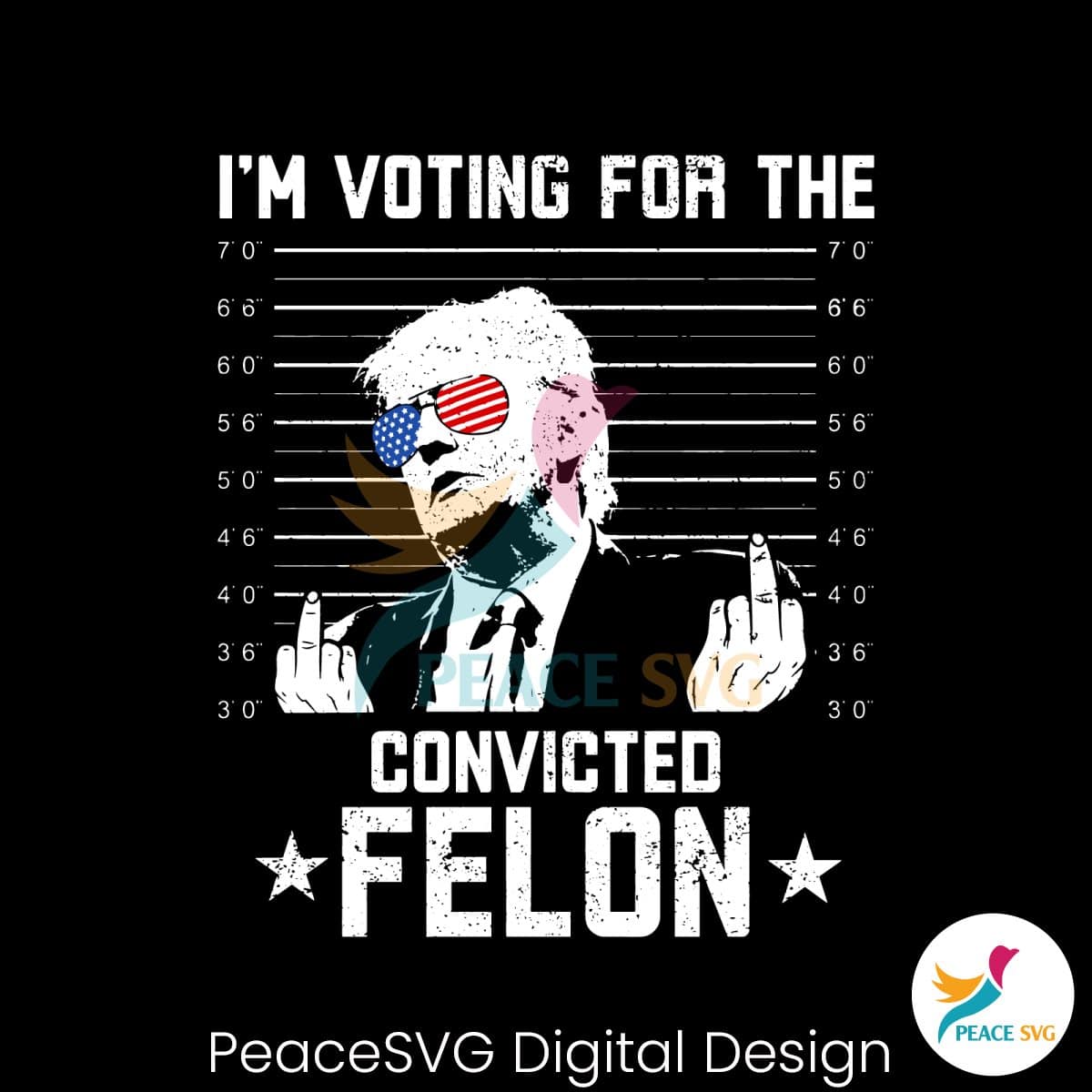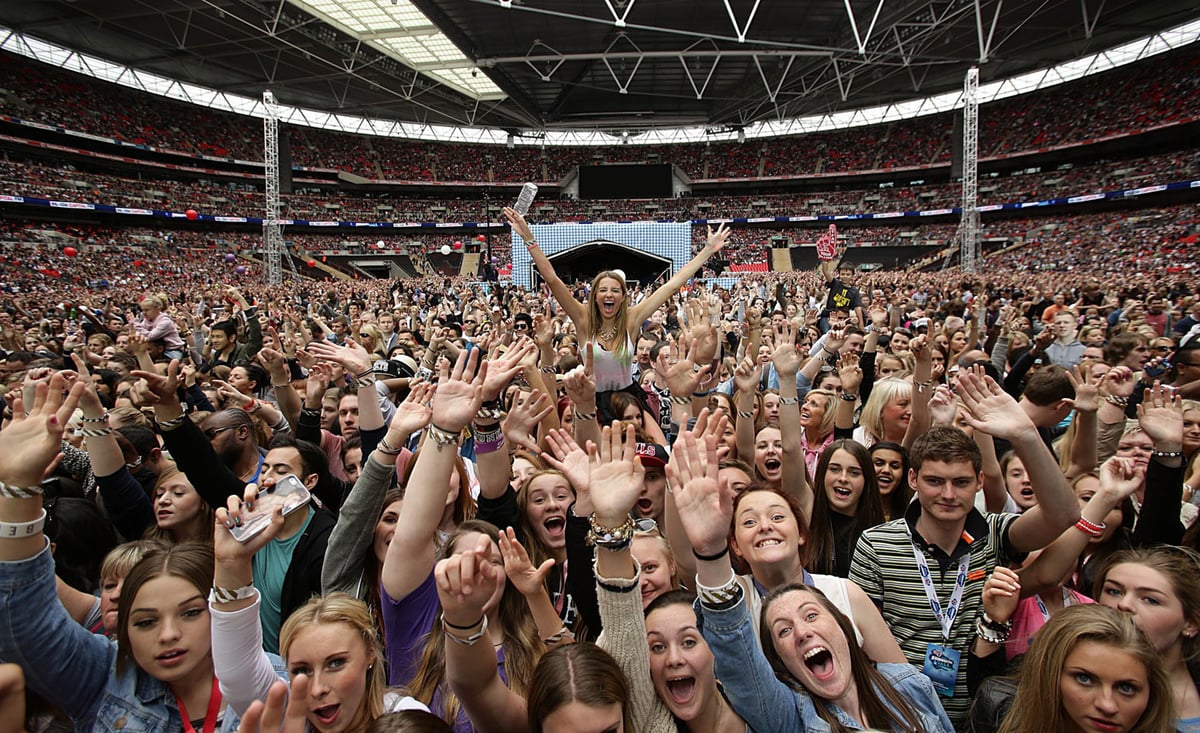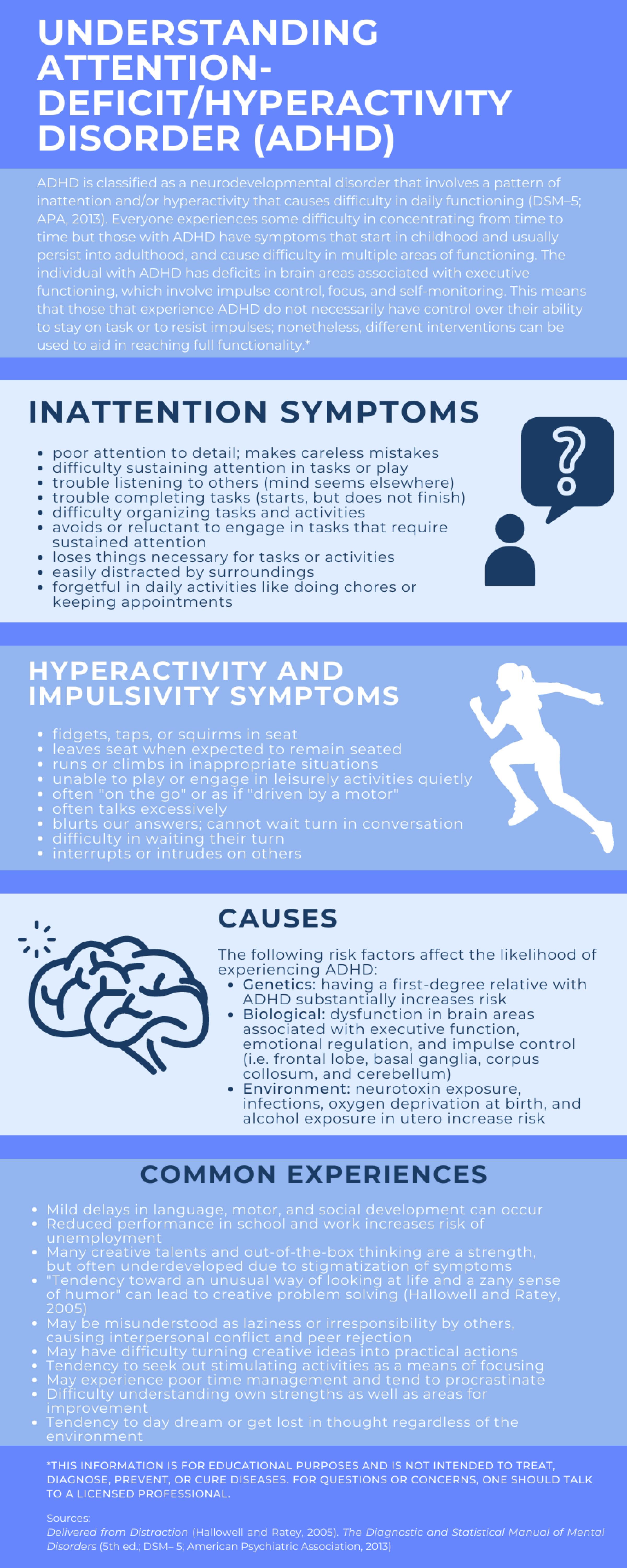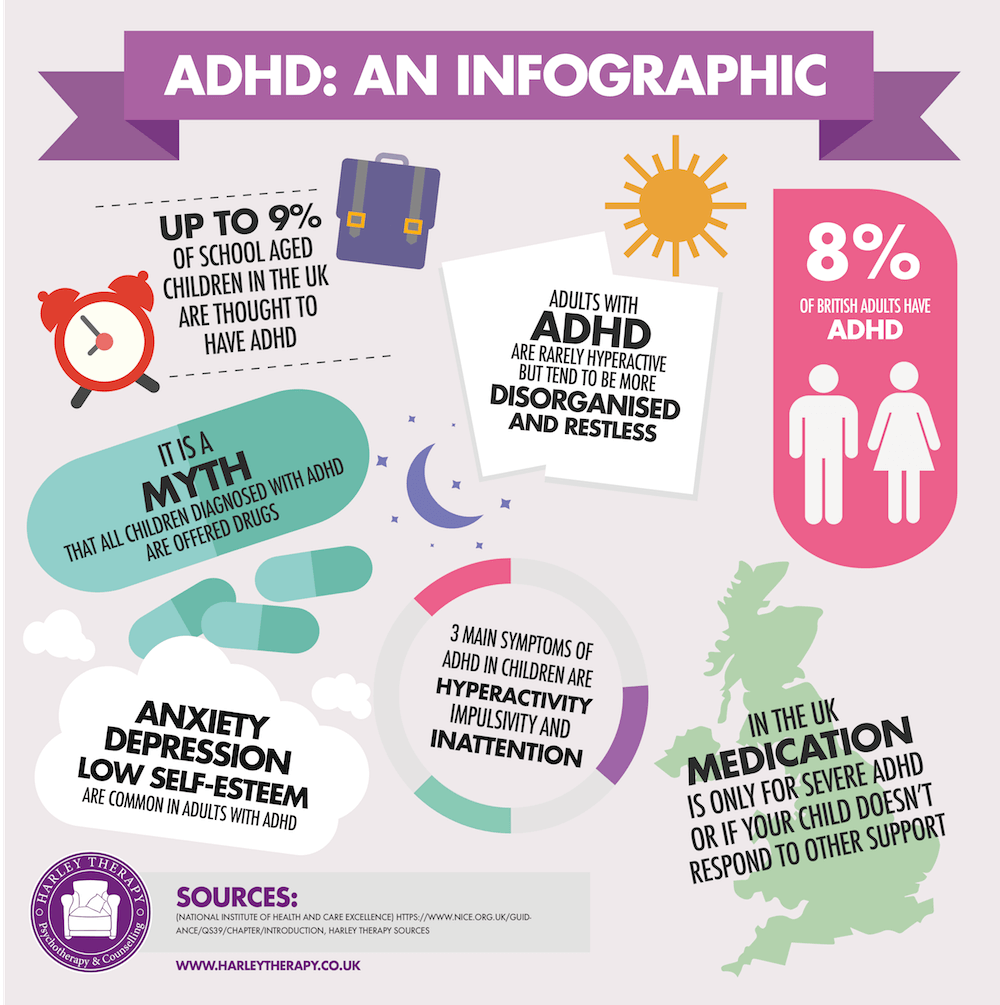Papal Conclave: Legal Battle Over Convicted Cardinal's Voting Eligibility

Table of Contents
The Cardinal's Conviction and its Implications
Cardinal Angelo Rossi (a pseudonym used to protect the Cardinal's identity while respecting journalistic integrity) faces accusations of serious financial impropriety and abuse of power within his diocese. His conviction, following a lengthy canonical trial, resulted in a sentence of suspension from his duties and a significant fine.
- Nature of Charges: The charges against Cardinal Rossi include embezzlement of diocesan funds, misappropriation of charitable donations, and the abuse of his authority for personal gain.
- Sentence: He received a formal canonical sentence including a period of suspension from all ecclesiastical duties and a substantial financial penalty.
- Public Reaction: The conviction sparked widespread outrage amongst the faithful, with many questioning the Cardinal's moral fitness to participate in the selection of the next Pope. Calls for his disqualification from the Papal Conclave have been amplified by media outlets and various Catholic organizations.
Arguments against his eligibility center on interpretations of canon law. Specifically, detractors point to:
- Canon Law Citations: Articles within the Code of Canon Law (e.g., hypothetical articles for illustrative purposes, such as a Canon concerning moral turpitude or a Canon addressing suspension from office) are cited as justification for his exclusion from the Conclave.
- Precedents: While precise parallels are rare, legal scholars are examining past instances where Cardinals faced canonical penalties and their resulting participation (or lack thereof) in previous Papal Conclaves to determine if there is a relevant precedent.
Arguments for the Cardinal's Eligibility
Conversely, arguments supporting the Cardinal's right to vote focus on procedural aspects and interpretations of canonical principles.
- Presumption of Innocence (within the Church's Framework): Supporters argue that while convicted, the Cardinal still maintains certain rights within the Church, and a definitive suspension from voting rights hasn't been explicitly applied. The presumption of innocence, while possibly diminished, isn't completely erased by a canonical conviction.
- Loophole Arguments: Some legal experts suggest potential loopholes in the application of Canon Law, arguing that the specific wording of the relevant canons doesn't explicitly preclude participation in a Papal Conclave.
- Appeals Processes: The possibility of an ongoing appeal process could impact his eligibility. A successful appeal could reinstate his full rights, including the right to vote in the Conclave.
- Procedural Arguments: Certain procedural arguments relate to the timing of the conviction in relation to the convening of the Conclave, which could influence eligibility debates.
The Role of the Congregation for the Doctrine of the Faith
The Congregation for the Doctrine of the Faith (CDF) plays a crucial role in this legal battle. Its responsibilities include:
- Interpreting Canon Law: The CDF offers authoritative interpretations of Canon Law, and their opinion on the Cardinal's eligibility will carry significant weight.
- Advising the Pope: The CDF advises the Pope on matters of doctrine and discipline, including those with implications for the Papal Conclave.
- Timeline: The CDF's involvement is likely to influence the timeframe for a resolution to this legal dispute, impacting the preparations for the Papal Conclave.
Potential Outcomes and their Impact on the Papal Conclave
Several scenarios could unfold:
- Scenario 1: Cardinal's Disqualification: If Cardinal Rossi is disqualified, it could significantly alter the voting dynamics of the Conclave, potentially shifting the balance of power among the cardinals.
- Scenario 2: Cardinal's Inclusion: His inclusion would undoubtedly generate substantial controversy and division within the College of Cardinals, potentially impacting the unity and legitimacy of the process.
- Implications for the Next Pope's Legitimacy: The outcome of this legal battle directly impacts the perceived legitimacy of the next Pope's election, as questions about the fairness and integrity of the Conclave could arise if the decision is not seen as just and transparent.
- Impact on the Church's Image: The handling of this situation will significantly impact the Church's public image and its authority on moral and ethical matters.
Conclusion
The legal battle surrounding Cardinal Rossi's eligibility to participate in the Papal Conclave presents a critical challenge to the Church. The arguments for and against his participation highlight complexities within canon law and raise crucial questions regarding justice, transparency, and the integrity of the Papal election process. The uncertainty surrounding this situation underscores the high stakes involved, and the potential for long-lasting consequences for the Catholic Church. Stay informed about the ongoing legal battle surrounding the Papal Conclave and the implications for the future leadership of the Catholic Church. Follow our updates for further developments on this critical issue affecting the Papal Conclave.

Featured Posts
-
 Will Pete Rose Be Pardoned Trumps Potential Decision Explained
Apr 29, 2025
Will Pete Rose Be Pardoned Trumps Potential Decision Explained
Apr 29, 2025 -
 Review Porsches New Macan Electric Drive And Its Features
Apr 29, 2025
Review Porsches New Macan Electric Drive And Its Features
Apr 29, 2025 -
 Capital Summertime Ball 2025 Ticket Information And Purchase Guide
Apr 29, 2025
Capital Summertime Ball 2025 Ticket Information And Purchase Guide
Apr 29, 2025 -
 Rebecca Lobachs Black Hawk Crash A Failure Of Communication
Apr 29, 2025
Rebecca Lobachs Black Hawk Crash A Failure Of Communication
Apr 29, 2025 -
 Australias Lynas Seeks Us Government Support For Texas Rare Earths Plant
Apr 29, 2025
Australias Lynas Seeks Us Government Support For Texas Rare Earths Plant
Apr 29, 2025
Latest Posts
-
 Diagnosed With Adult Adhd Your Action Plan Starts Here
Apr 29, 2025
Diagnosed With Adult Adhd Your Action Plan Starts Here
Apr 29, 2025 -
 What To Do If You Think You Might Have Adult Adhd
Apr 29, 2025
What To Do If You Think You Might Have Adult Adhd
Apr 29, 2025 -
 Understanding And Managing Adhd Symptoms Naturally
Apr 29, 2025
Understanding And Managing Adhd Symptoms Naturally
Apr 29, 2025 -
 Adult Adhd Understanding Your Symptoms And Seeking Help
Apr 29, 2025
Adult Adhd Understanding Your Symptoms And Seeking Help
Apr 29, 2025 -
 Reduce Adhd Symptoms Naturally Diet Exercise And More
Apr 29, 2025
Reduce Adhd Symptoms Naturally Diet Exercise And More
Apr 29, 2025
